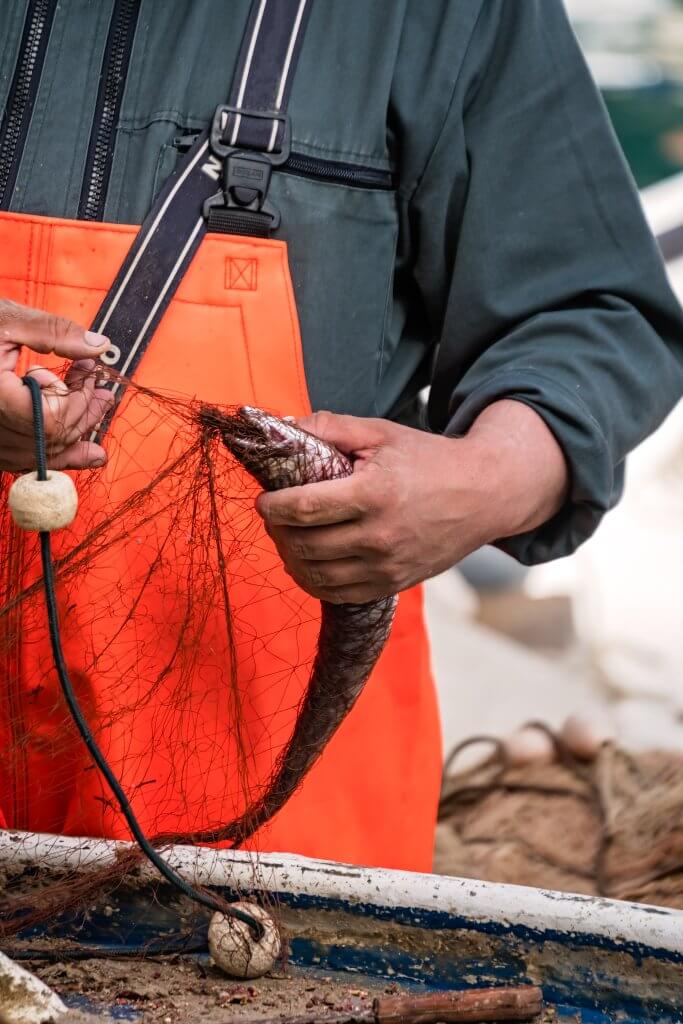Effective fisheries governance is essential for translating knowledge on fisheries into practical implementation of Ecosystem Based Fisheries Management (EBFM). Despite progress under the EU’s Common Fisheries Policy on stock management, a lack of coordination and cooperation between EU, national, and regional level governance continues to limit the implementation of EU legislation aimed at achieving more sustainable fisheries. As a result, many of the policy objectives designed to benefit both marine ecosystems and coastal communities remain unmet.
Building on previous SEAwise research, this report –developed under our Social and Economic Effects theme – investigates the effectiveness of governance across our SEAwise case study regions. Through an explicit focus on perceptions, the report aimed to harness the knowledge of stakeholders to improve understanding of how well current governance processes are functioning in practice, and where there is potential for improvement.

From the starting point established in our Report on Requirements for Fisheries Governance to be Effective, SEAwise researchers pursued two distinct lines of inquiry:
This report underscores that in seeking to advance EBFM in EU fisheries, there is also a need to focus on the human side of implementation, with effective governance requiring the active and well-functioning participation and collaboration of various stakeholders. From this report, we shall draw policy recommendations on effective governance which will contribute to preparing the ground for successful implementation of EBFM.
Read the report here.
Stay up to date with SEAwise news and research, hear about upcoming events, and receive updates on fisheries news from across the European seascape.